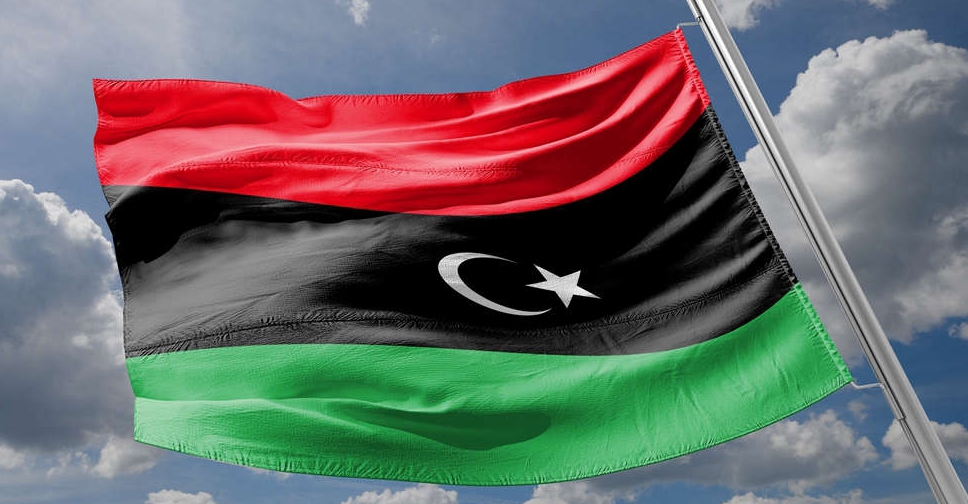
Authorities based in eastern Libya threatened to blockade oil exports over the Tripoli government's use of energy revenue, accusing it of wasting billions of dollars without providing real services.
Libya has been locked in a political standoff since last year when the parliament in eastern Libya rejected the interim Government of National Unity in Tripoli and designated a new administration that has been unable to take over in the capital.
"If necessary, the Libyan government will raise the red flag and prevent the flow of oil and gas and stop its export by turning to the judiciary and issuing an order declaring force majeure," the parliament-designated administration said, referring to itself as the government.
Oil blockades have been commonly practised in Libya since the 2011 NATO-backed uprising that led to years of war and chaos, with local groups and major factions cutting off supplies as a political tactic.
The last major blockade was resolved the previous year when the Tripoli government appointed a new head of the National Oil Corporation (NOC), who was said to be close to eastern commander Khalifa Haftar.
Diplomacy for a lasting solution to Libya's conflict has focused on moving towards a national election, a goal all sides publicly espouse, but which has been repeatedly thwarted by disputes over electoral rules and interim control of the government.
Haftar said on June 17, he backed a move by the eastern-based parliament and another legislative body to appoint a new interim administration in a clear challenge to the current government in Tripoli.
On Thursday, a court in eastern Libya ruled that the eastern administration had won a case against NOC, allowing it to take control of the company's accounts.
Previous bouts of conflict in Libya and political manoeuvring have focused on control over the OPEC member's substantial energy revenues, the state's main income source.
Under internationally recognised agreements, NOC is the only legitimate producer and exporter of Libyan oil and sales must be channelled through the Central Bank of Libya, which like NOC, is based in Tripoli.
Throughout Libya's conflict, NOC has functioned across the whole country regardless of front lines, and the central bank has continued to pay salaries, including of many fighters on rival sides, throughout the country.



 UK's Jaguar Land Rover to halt US shipments over tariffs
UK's Jaguar Land Rover to halt US shipments over tariffs
 US starts collecting Trump's new 10% tariff
US starts collecting Trump's new 10% tariff
 Nasdaq set to confirm bear market as Trump tariffs trigger recession fears
Nasdaq set to confirm bear market as Trump tariffs trigger recession fears
 Dana Gas and Crescent Petroleum exceed 500M boe in Khor Mor field
Dana Gas and Crescent Petroleum exceed 500M boe in Khor Mor field



